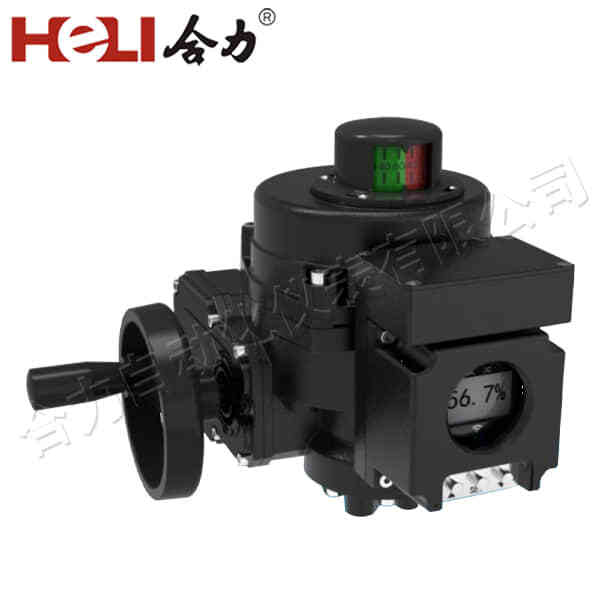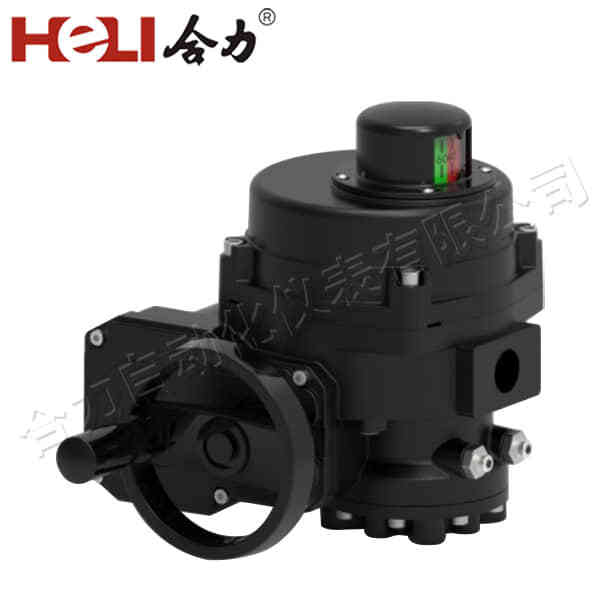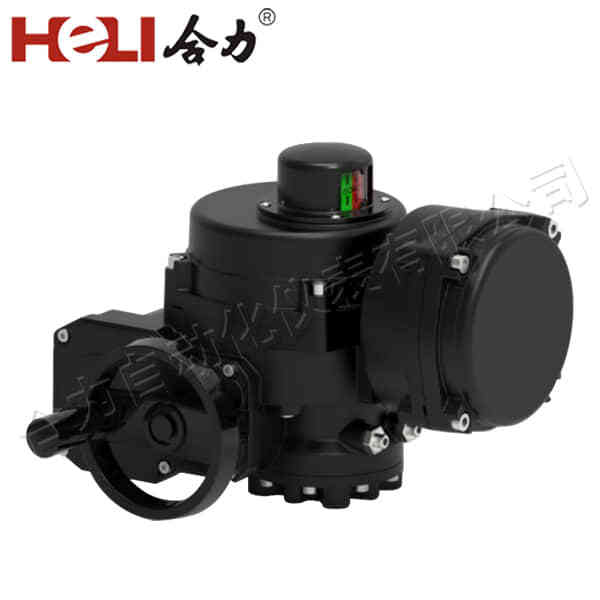Explosion proof electrical installations are critical for ensuring safety and reliability in environments where hazardous materials, gases, or dusts are present. These specialized systems are designed to prevent electrical equipment from becoming an ignition source for explosions in areas with volatile substances. Such installations are commonly used in industries such as oil and gas, chemical manufacturing, mining, and pharmaceutical production, where the risk of explosive atmospheres is high. In this article, we will explore the importance, design considerations, and standards related to explosion proof electrical installations, highlighting their role in safeguarding lives and property.

What is Explosion Proof Electrical Installation?

Explosion proof electrical installations refer to systems where electrical equipment is specifically designed to withstand the pressure and temperature generated by an internal explosion without allowing the ignition of hazardous substances in the surrounding environment. This type of installation includes the use of explosion proof enclosures, intrinsically safe equipment, and flameproof connectors to prevent the propagation of sparks or heat that could ignite flammable gases or dust particles. Explosion proof electrical equipment must be carefully chosen to match the specific environmental hazards present. The primary goal is to prevent the electrical system from becoming an ignition source, ensuring that both the equipment and the surrounding environment remain safe. These installations are not limited to just electrical components but encompass the full range of equipment, from lighting to control panels and motors.
